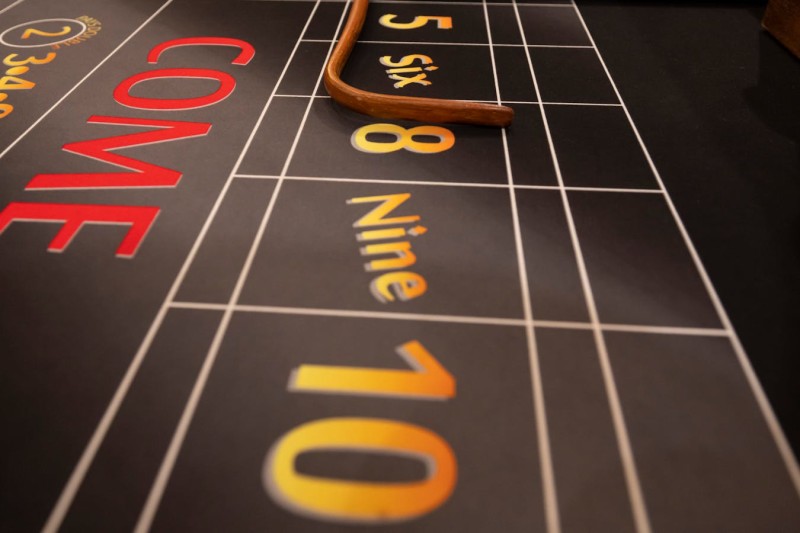Introduction
All the people around the world have been induced with the gambling activities all through the historical period due to the factors such as anticipation, challenge, and thrill that comes with gambling as well as the factor of the taking risk in an attempt to reap big. Beginning from the use of dice throwing games within the early civilizations up to the contemporary casino to gaming floors around the world, gambling remains a popular phenomenon which attracts millions. But there is more to what is shown by the flash lights and spinning wheels, there is entertainment but the challenges come with it as well.
What Is Gambling?
In its simplest terms, gaming refers to staking an object of value, ordinarily money, on a specific event with an uncertain result hoping to get a larger return. Some of those are casinos, lotteries, sports betting and even stock markets. Both varieties of gambling are luck combined with skill, and people are always interested in the next round.
Why Casinos Are So Captivating
Casinos are built to be impressive. To the dazzling lights of the machines, the sound of electronic sounds, such as those produced by slot machines, and the possible millionaire visions are fast. The atmosphere is well thought out to otter the visitors, whereby most are trapped for time and money as well. To so many, this setting can offer an opportunity to have a break from the day to day activities making gambling all the more appealing.
The Fine Line Between Fun and Addiction
Although gambling is fun to some people, it becomes an issue for other people. The thrill of winning is as addictive as the lack of it can cause people to chase their money leading to a lot of financial and emotional duress. More recently, pathological gambling was classified as a behavioural addiction and produces similar neural changes as regular substance use and involves the neurotransmitters dopamine and serotonin. These similarities make people call for awareness and moderation.
Cultural and Social Influences on Gambling
Surprisingly, gambling has cross cultural differences in that it affects societies differently. It is a social event in some societies and is considered a vice in some societies too. People’s inclinations to gamble can be explained by culture, by the availability of gambling places, and by expectations of what is acceptable local behavior.
Finding Balance in Gambling
When practiced correctly, gambling can be such an entertaining and interesting pastime activity for anyone. There are seven strategies for how to change: establishing measurable time and monetary boundaries, knowing the signs of risky behaviour and getting assistance when it is required. We must, thus, be able to understand the risk and returns involved to avoid or maximize respectively when the casinos become a popular destination.
The Bottom Line
Gambling is a complex phenomenon that encompasses fun and a sort of chance taking. A game , whether played for leisure or sport , has the ability to bring fun and often even problems. This means that as gambling expands, the various effects that it has on individuals and society have to be understood.
Are you passionate about gambling or casinos? Share your insights with us! Join the Casino Desk - Write For Us Gaming and Gambling section and contribute your valuable thoughts to the community.









